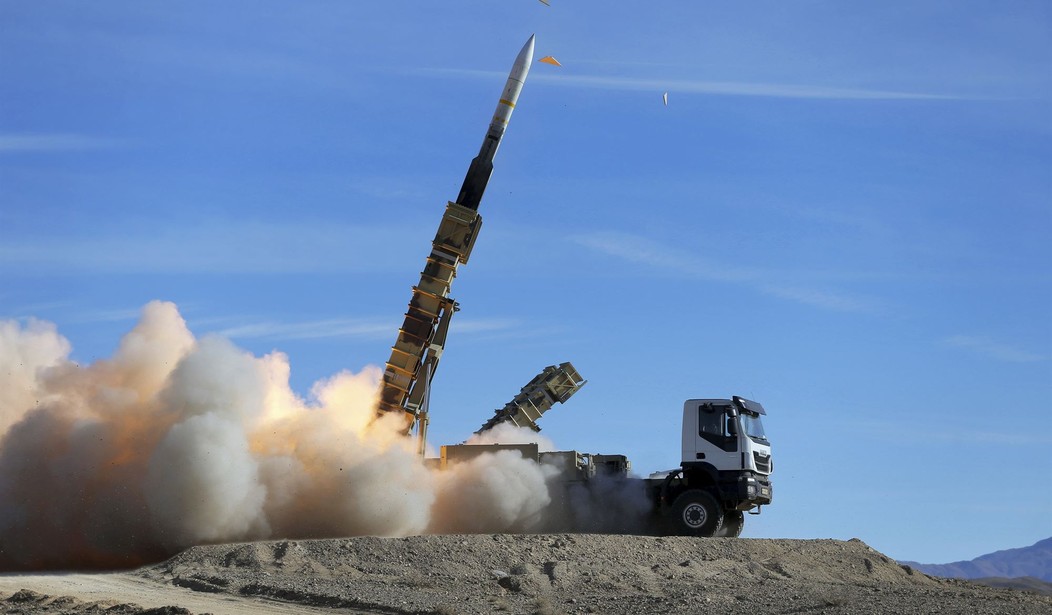As nuclear talks between Iran and five world powers resumed in Vienna on Monday, one of the sticking points for Iranian negotiators was the assertion that the U.S. and the powers involved in the talks — China, France, Germany, Russia, and the UK — allow Iran to export its oil.
The negotiations resumed Monday after a 10-day break for Iran’s negotiators to consult with the country’s government. It’s only the second time that the negotiators have met since the election of Iran’s new government under President Ebrahim Raisi.
The talks are seeking to revive the Joint Comprehensive Plan of Action (JCPOA), the 2015 agreement established during the Obama administration. Donald Trump withdrew the U.S. from the plan in 2018 and resumed sanctions against Iran, which rebelled by preventing inspections of its nuclear sites and enriching uranium to 60%.
The U.S. hasn’t participated directly in the negotiations, but the Biden administration wants to reestablish the agreement.
The Associated Press reports that negotiators are optimistic about the talks.
“If we work hard in the days and weeks ahead, we should have a positive result,” said European Union diplomat Enrique Mora.
Mora also admits that “it’s going to be very hard — difficult political decisions have to be taken,” and he cited a “sense of urgency” in completing these negotiations as soon as possible.
Related: Biden’s State Department Paving the Way for Iran to Get Nukes, Blames Trump
But Iran is sticking to its guns in insisting that oil exports must be part of the deal.
Foreign Minister Hossein Amirabdollahian said that his nation’s goal is to reach the “point where Iranian oil is being sold easily and without any barriers and its money arrives in Iran’s bank accounts.” He also wants to make sure that Iran can operate free of sanctions.
Iranian Foreign Ministry spokesman Saeed Khatibzadeh asserted that anything less than the original JCPOA deal would be “intolerable.”
Even though it hasn’t been involved in the talks, Israel has weighed in on Iran’s nuclear ambitions. Israel was against the JCPOA from the start, and its leaders have made it perfectly clear that it will do what it has to do to defend its interests against a nuclear Iran.
“Certainly we prefer to act through international cooperation, but if necessary — we will defend ourselves, by ourselves,” said Israeli Foreign Minister Yair Lapid.
Tensions between Iran and Israel have ratcheted up in recent days. On Friday, Iran tested 16 ballistic missiles, which it claimed could reach Israel, in a training exercise. The drill concluded with blowing up a target meant to resemble Israel’s Dimona nuclear complex. The exercise served as a threat to what Iran calls “the Zionist regime.”
“Sixteen missiles aimed and annihilated the chosen target. In this exercise, part of the hundreds of Iranian missiles capable of destroying a country that dared to attack Iran were deployed,” said Iranian Major General Mohammad Bagheri.
Regardless of what results from the Vienna talks, we know one thing: Israel won’t play when it perceives a threat. We can also count on any future Republican president withdrawing from any agreement with Iran the way Trump did.
Let’s just hope and pray that a nuclear Iran won’t get the chance to do any damage.










Join the conversation as a VIP Member